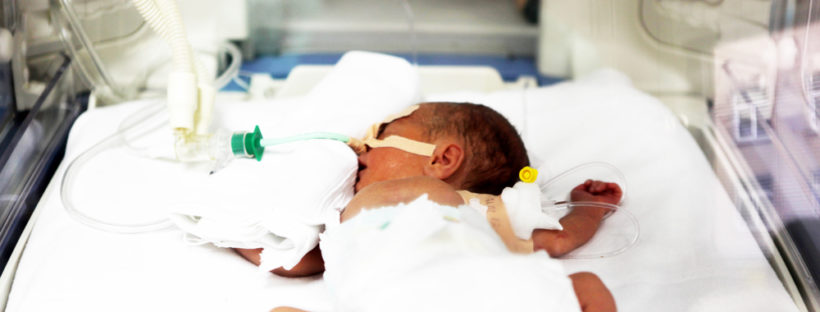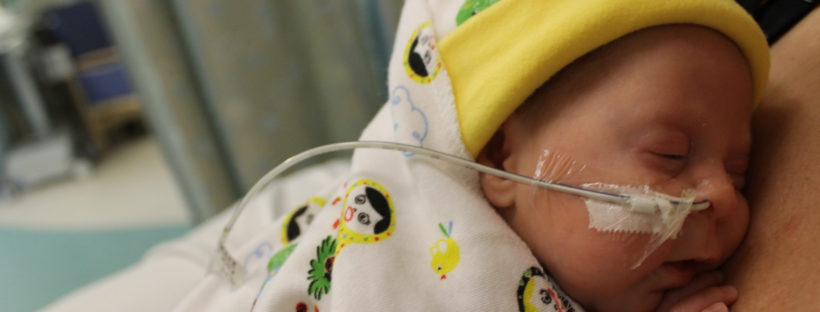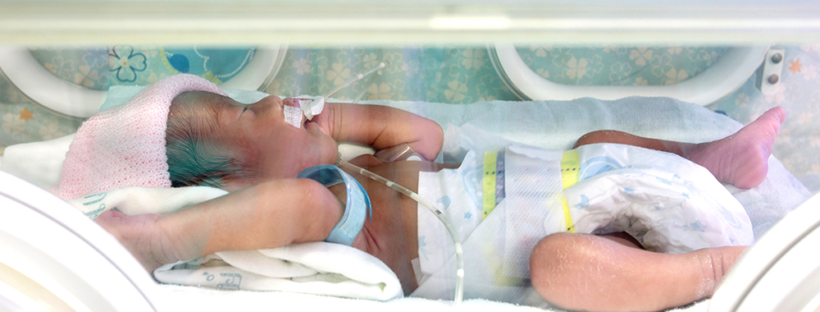By Karin Beschen, LMHC
“I was at a routine dental office visit a few weeks after my daughter was born. I remember being reclined in the chair, the bright overhead light and the scent of latex. Images of surgical masks whipped through my mind. Fear rushed through my body and I shook uncontrollably. My body felt hollow and numb but also heavy and out of control. In that moment I truly believed I was having another emergency c-section.”
This quote is from a woman who experienced a traumatic birth. She is the mother of a beautiful baby and has had many moments of joy and connection, but also times of panic and fear. “Mini movies” of her daughter’s birth play in her mind throughout the day. She deleted the photos of her daughter in the NICU and she wants to disappear when her friends talk about pregnancy. The birth didn’t end when her baby was born; it followed her from the hospital and it has interfered with many aspects of her life.
Research reveals that between 33-45% of women perceive their births to be traumatic. (Beck, 2013). Birth trauma is defined as “an event occurring during the labor and delivery process that involves actual or threatened serious injury or death to the mother or her infant. The birthing woman experiences intense fear, helplessness, loss of control and horror.” (Beck, 2004a, p. 28).
Approximately 9% of women experience postpartum post-traumatic stress disorder (PTSD) following childbirth. Most often, this illness is caused by a real or perceived trauma during delivery or postpartum. These traumas could include:
- Prolapsed cord
- Unplanned cesarean
- Use of vacuum extractor or forceps to deliver the baby
- Baby going to NICU
- Feelings of powerlessness, poor communication and/or lack of support and reassurance during the delivery
- Women who have experienced previous trauma, such as rape or sexual abuse
- Women who have experienced a severe complication or injury related to pregnancy or childbirth, such as severe postpartum hemorrhage, unexpected hysterectomy, severe preeclampsia/eclampsia, perineal trauma (3rd or 4th degree tear), or cardiac disease
My therapy work with mothers is typically after a traumatic birth. The more I learn about the mother’s labor and birth experience, the more I can understand what care and education could have better supported her during birth.
The “3 E’s” – explain, encourage and empathize – can be a useful framework for obstetrical staff in lessening the risk of a traumatic birth.
Explain
When explaining a process, options or a procedure, always include the woman in the discussion of her own care. There is a distinct difference in hearing a discussion and being a part of one. If plans change, explain what is happening and what is needed to correct the situation.
Encourage
The connection a mother has with those caring for her during childbirth is deep — you are present during one of the most emotional, unpredictable times in her life. Encouragement is empowering and can offer the mother a sense of control. Encourage questions. If plans change, discuss possible alternatives. Using “we” in conversations shows alignment and rallying together.
Empathize
Women in labor yearn for companionship, support and empathy.
Phrases such as “I know,” “I’m here,” and “Yes” are phrases that connect staff with a woman’s experience when she feels pain, fear, disappointment or frustration.
I’ve heard many birth stories over the years; devastating stories of physical compromise, intense fear and loss of the baby’s life. How the mother is cared for, is what she remembers. The tone of your voice. The gentleness. The validation of feelings. One of my clients was unaware she was being rushed for an emergency cesarean. She said in all of the chaos and in a knee-chest position, she extended her arm and a nurse held her hand. Beauty within terror. It was a simple gesture and it has been the most powerful, healing memory for her. Even in the midst of an emergency, someone saw her need. Someone saw her.
Obstetric staff has great influence on how a mother remembers her birth experience. Expressing empathy and explaining and encouraging a laboring and postpartum mom can influence her health and well-being. New mothers who receive the “3 Es” can better transition to home, experience less anxiety, have more positive feelings about themselves and improved bonding with their babies.
 Karin Beschen is a Licensed Mental Health Counselor specializing in reproductive and maternal mental health. She also serves as a volunteer co-coordinator for Iowa for Postpartum Support International.
Karin Beschen is a Licensed Mental Health Counselor specializing in reproductive and maternal mental health. She also serves as a volunteer co-coordinator for Iowa for Postpartum Support International.
Additional Resources
Postpartum Support International
PaTTCh (Prevention and Treatment of Traumatic Birth)
References
Beck, C. T. (2004a). Birth trauma: In the eye of the beholder. Nursing Research 53(1), 28-35.
Beck, C. T., Driscoll, J.W., & Watson, S. (2013). Traumatic Childbirth New York, NY: Routledge.







